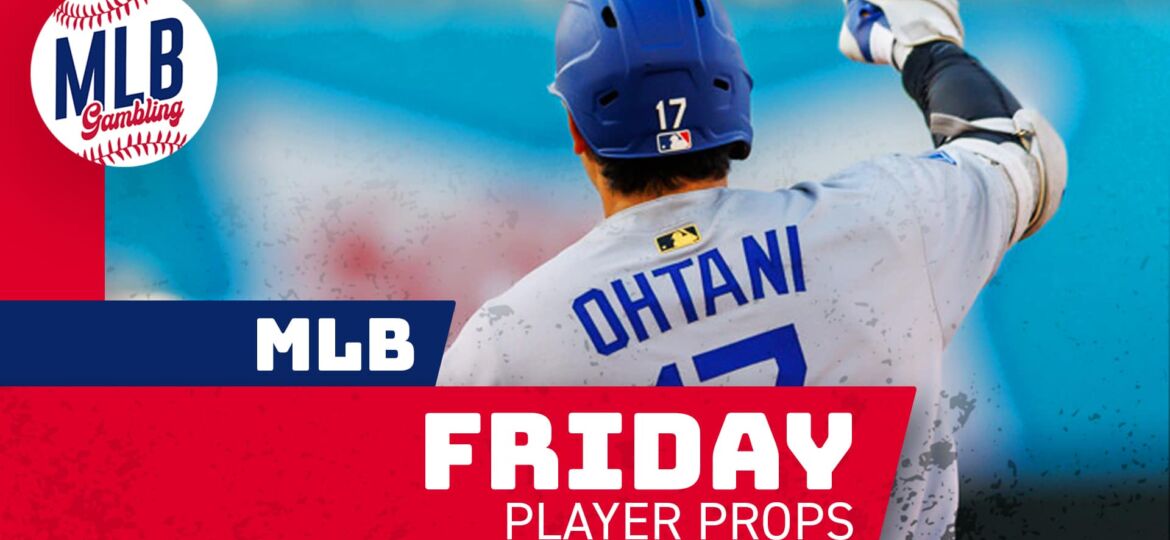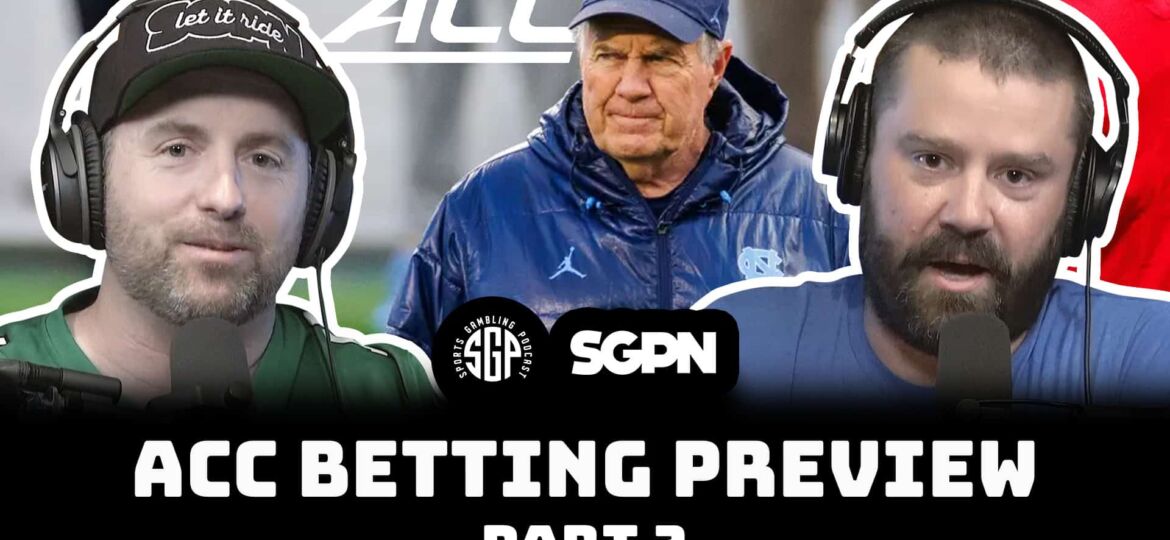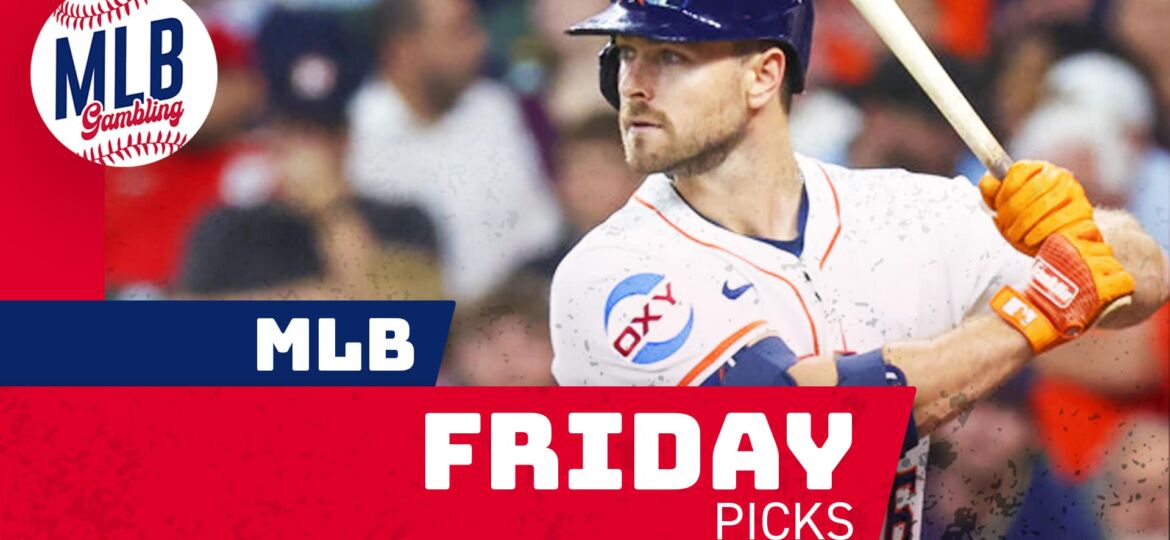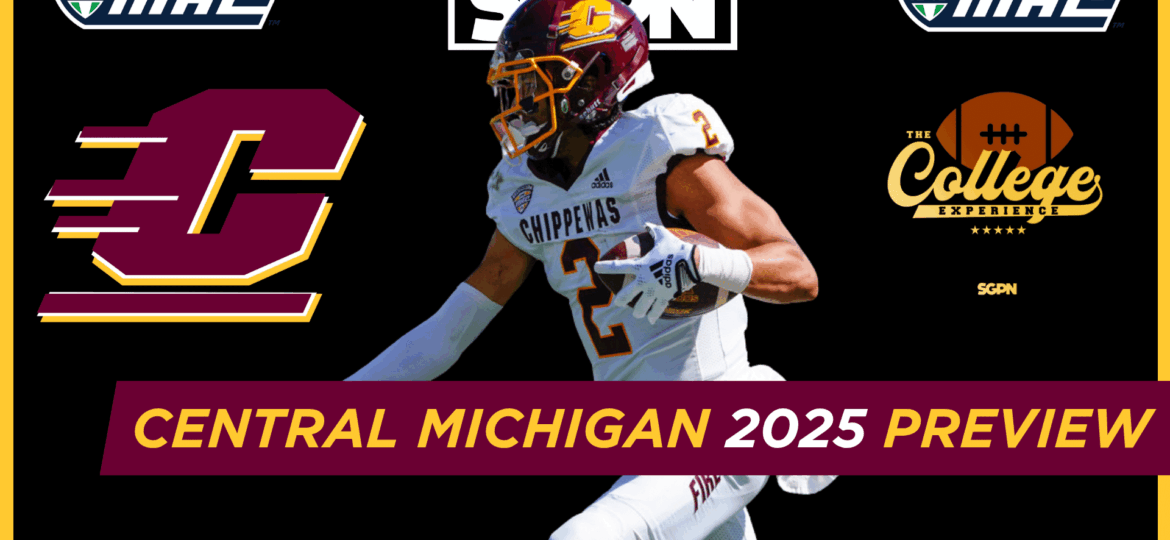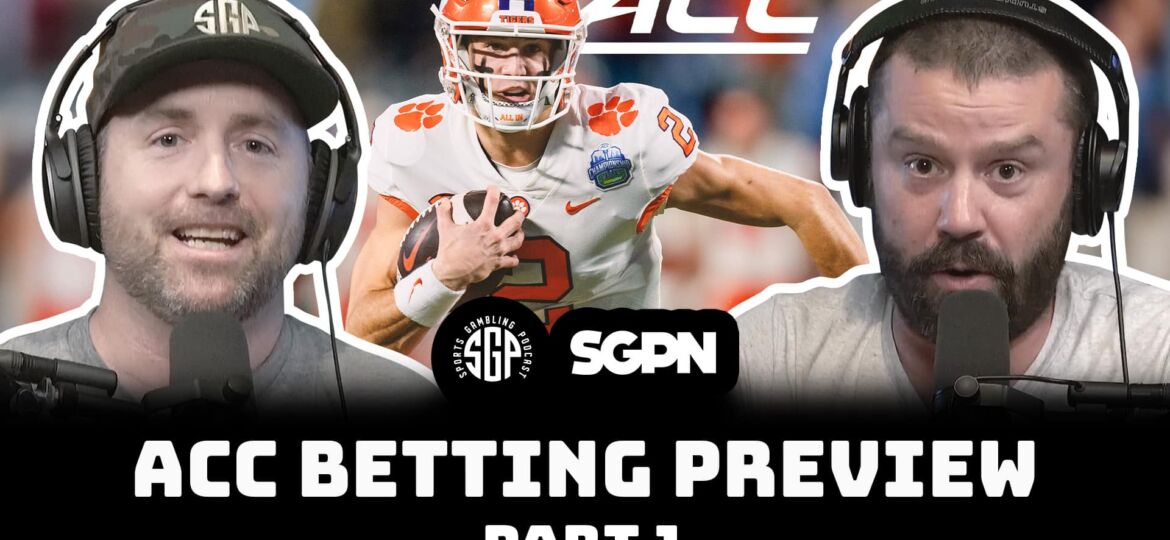
Casual gamblers often rely on gut feelings or media narratives when placing bets. They assume they have an edge by following sports closely. However, this knowledge does not translate into long-term profits without understanding odds calculations and market inefficiencies.
The Role of Expected Value (EV)
Expected value (EV) is the key concept in professional gambling. It determines whether a bet is worth taking. If the probability of an event occurring is higher than what the odds suggest, the bet has a positive EV.
| Bet Type | Odds Offered | True Probability | EV Calculation |
| Team A to Win | 5/1 (+500) | 25% | Positive EV |
| Team B to Win | 1/3 (-300) | 80% | Negative EV |
A bet with positive EV does not always win, but it results in profit over time. Professional bettors consistently find these opportunities rather than relying on luck.
Arbitrage and Hedging
Arbitrage betting, or “arbing,” is a method where bettors place bets on all possible outcomes of an event to secure a profit. This is done by exploiting differences in odds between sportsbooks.
- Bookmaker A offers Team X at 3/1.
- Bookmaker B offers Team Y at 3/1.
- By betting on both teams appropriately, a profit is guaranteed regardless of the outcome.
Hedging works similarly but focuses on locking in profit after an initial bet. If a bettor places a longshot bet at high odds and the odds shift, they can bet on the opposite outcome to secure a guaranteed win.
Why Sportsbooks Ban Winning Players
Contrary to popular belief, sportsbooks do not welcome successful bettors. If a bettor consistently finds positive EV bets, their account is flagged. Sportsbooks limit bet sizes or ban accounts outright.
Signs that a bettor might be limited:
- Regularly beating the closing line value (CLV)
- Consistently winning at higher-than-average rates
- Placing arbitrage bets across multiple sportsbooks
This makes long-term profitable betting difficult for those who develop an edge. Even bettors who lose but consistently get the best odds can be restricted.
Promotional Offers and Bonus Abuse
New customer promotions are often used as marketing tools to attract casual bettors. However, sharp bettors can take advantage of these offers by using arbitrage techniques.
- A sportsbook offers £100 in free bets after depositing £100.
- The bettor places bets on both sides of an event, ensuring they extract value from the promotion.
Bookmakers monitor accounts for this behaviour and restrict those who repeatedly exploit promotions.
The Risks and Misconceptions
Many casual bettors assume that placing frequent bets improves their chances of winning. However, they often fall into several common traps:
Common Mistakes
- Ignoring Odds Value – Many bettors focus on their prediction rather than whether the odds provide value.
- Overconfidence in Knowledge – Following sports does not equate to profitable betting.
- Chasing Losses – Trying to recover losses leads to emotional decision-making.
- Relying on “Expert” Picks – Public betting tips often fail to account for pricing efficiency.
The Reality of Gambling Addiction
Sports betting companies use aggressive marketing tactics to keep bettors engaged. Features like cash-out options, “hot tips,” and in-play betting encourage impulsive wagers.
Young men are particularly vulnerable, with high engagement in mobile sports betting apps. Without understanding EV, many fall into long-term losses.
Conclusion
Winning at sports betting requires a pricing-based approach, not sports knowledge. Professional bettors use mathematical strategies to identify mispriced odds. However, sportsbooks actively limit winning players, making it difficult to sustain profits. Most casual bettors misunderstand how odds work, leading to long-term losses. The reality is that if an account remains open for months without restrictions, the bettor is likely losing money over time.
FAQ
Can sports knowledge help in betting success?
No, knowing about teams and players does not guarantee long-term success. The key to profitable betting is understanding odds and pricing errors.
Why do sportsbooks ban winning players?
Bookmakers limit or ban bettors who consistently place positive EV bets because they reduce the sportsbook’s profits. This is done by restricting bet sizes or closing accounts.
What is arbitrage betting?
Arbitrage betting involves placing bets on all possible outcomes of an event using different sportsbooks to guarantee a profit. It takes advantage of pricing discrepancies.
Are promotional offers profitable?
They can be if used strategically. Bettors who exploit promotions through arbitrage can extract value, but sportsbooks monitor and limit accounts that do this frequently.
How do sportsbooks manipulate odds?
They adjust odds to maintain a house edge. Even in 50/50 scenarios like a coin flip, they often price outcomes to ensure a profit margin, such as -115 odds on both sides.
Can anyone consistently win at sports betting?
Only those who understand pricing, expected value, and market inefficiencies can win consistently. Even then, sportsbooks limit their ability to profit over time.












